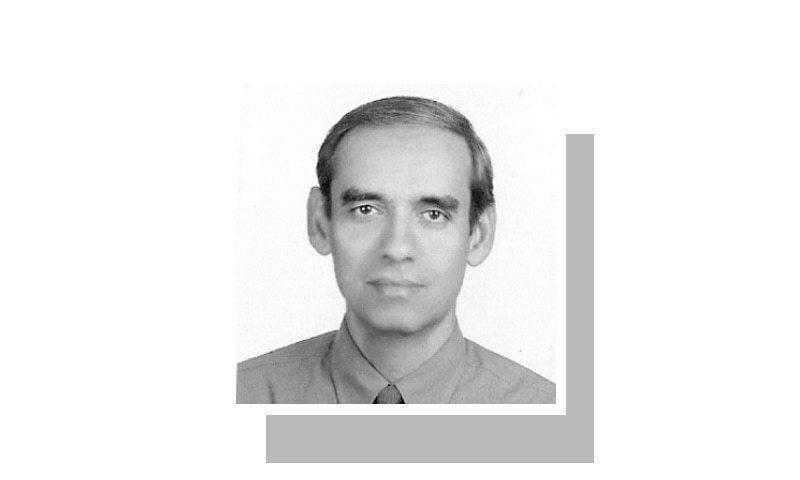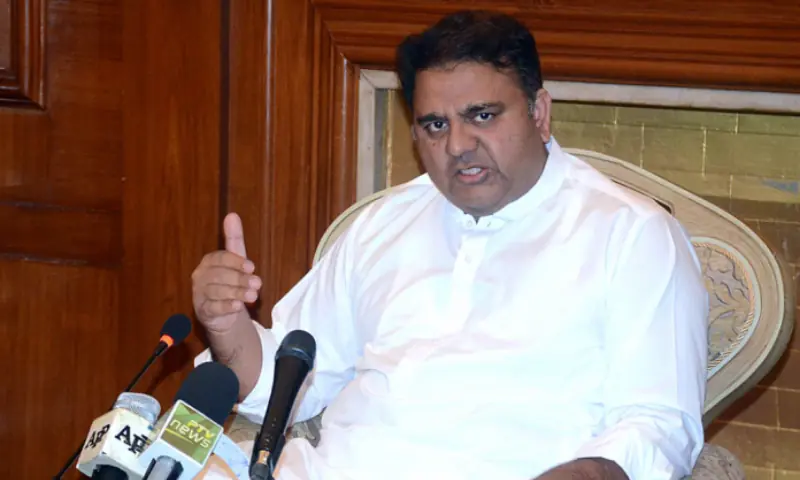“We have to stop just pulling people out of the river. We have to go upstream and find out why they are falling in” – Desmond Tutu
There is a lot of talk these days about a “mental health crisis” in Pakistan. Campaigns have been launched to “raise awareness and reduce stigma”, encouraging people to talk about mental health problems and seek help. There is a call to increase funding, expand mental health services and integrate mental health into primary care. These are all important and mental health definitely needs to be prioritized. But it is also equally important to reflect on what is driving this mental health crisis in Pakistan and what can be done about it.
The mental health crisis is not simply a health issue. It is a reflection of how power, inequality and governance intersect to shape the emotional lives of millions of Pakistanis. The crisis is not a natural disaster but a man-made one: the result of 78 years of brutalization of the people through social and economic injustice, political instability and structural poverty.
Pakistan’s history is defined by political turbulence. For almost half of its existence, Pakistan has had direct and indirect military rule even when there is a façade of civilian rule. The events of the last three years, the stolen mandate, state violence and oppression, the mutilation of the judiciary and parliament have practically eroded what little public trust there was in state institutions. This has serious psychological consequences. Pakistanis live in a permanent state of uncertainty. Political chaos is fueling collective anxiety, cynicism and loss of civic sense. Fear and distrust have become national emotions.
For millions of Pakistanis, psychological suffering is inseparable from economic hardship. Rising inflation, unemployment and collapsing purchasing power have turned everyday life into a test of survival. When families cannot pay school fees or electricity bills, when people feel they cannot make ends meet, when savings evaporate overnight, the natural result is mental anguish. Poverty is not only material deprivation; It is psychological violence inflicted by an unequal system.
More than 60 percent of Pakistan’s population is under 30 years of age. What should be a demographic dividend has become a demographic crisis. Young people face increasingly reduced opportunities, high unemployment and an outdated education system disconnected from labor markets. Merit is sacrificed for nepotism and favoritism; hard work is replaced by connections. A society that denies its young people opportunities also denies them hope. It is not surprising that all young people want to leave the country.
For millions of Pakistanis, psychological suffering is inseparable from economic hardship.
This suffering is not a ‘test from God’; It’s political. The failure to provide social justice, address poverty, meet basic needs and control corruption (by neglecting social development) represents a deliberate abdication of State responsibility. The emotional toll is borne silently in our homes and workplaces across the country. This is a crime.
Among the many silent tragedies, Pakistan is the tragedy of suicides. The World Health Organization estimates that between 13,000 and 20,000 people die by suicide each year and between 10 and 20 times as many attempt it, mostly young people under 30 years of age. Poverty and unemployment stand out as important causes. This in a country that was created in the name of Islam, whose central principle is social justice. We need to ask ourselves why then the ban on suicide does not have its deterrent effect in a country with 97% Muslims.
This silence is strategic. Confronting the mental health crisis would be confronting its fundamental causes: poverty, inequality, corruption and misgovernment. Instead, people are told to be patient, to pray, or to persevere. Resistance, in this context, is not resilience; It is resignation. There is no greater insult than labeling the silent suffering of Pakistanis as “resilience”. People have no choice but to continue fighting.
Addressing the mental health crisis in Pakistan requires much more than establishing clinical services, increasing the number of psychiatrists and psychologists, establishing crisis helplines, or offering interventions through apps or digital platforms. It demands a reordering of political and economic priorities. This means addressing the root causes of the population’s mental distress. We need truly representative governments, not ones imposed on us. We need to stop corruption, which has eaten away at the moral fabric of our society. We need to declare a national emergency in education in the country. Why are 25 million children out of school in Pakistan? What is the future for them? We can spend billions of dollars for four days on a “war” with one of our neighbors, but we cannot provide universal health coverage to our people.
It is estimated that almost one in three Pakistanis needs mental health care. However, there is no separate budget for mental health and spending on mental health is estimated to be less than 0.5% of the national health budget. What little there is there is devoured by corruption and mismanagement. Access to psychiatric care remains limited to a few major cities, where it is largely unaffordable for the vast majority.
Pakistan’s vulnerability to climate change has added a devastating dimension to the mental anguish of its population. The 2022 floods displaced more than 30 million people, destroying homes, livelihoods and communities. This was repeated in the recent floods in Punjab and KP. Many survivors continue to experience post-traumatic stress, anxiety, and depression; However, mental health remains absent from national disaster response and recovery plans. The true strength of a nation is not measured by the size of its economy or its armed forces, but by the tranquility of its citizens. Until Pakistan learns to prioritize the mental well-being of its people as a central pillar of its policies, our mental crisis will remain, silently but unequivocally, our fault.
The writer is a consultant psychiatrist.
muradmk@gmail.com
Published in Dawn, November 1, 2025







